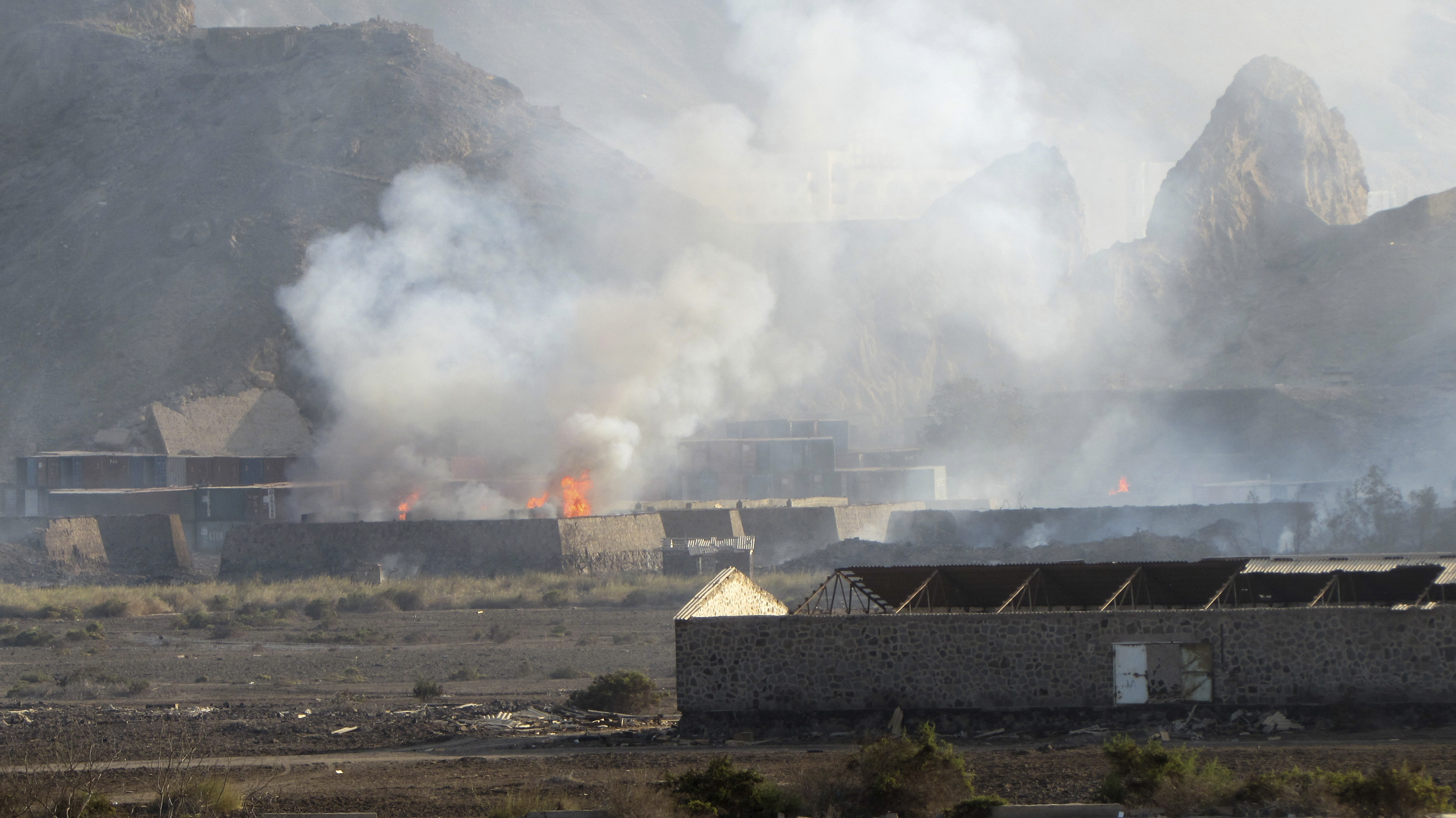Saudi Arabia's navy evacuated dozens of diplomats from Yemen on Saturday and the United Nations pulled out international staff after a third night of Saudi-led airstrikes trying to stem advances by Iranian-allied Houthi fighters.
Residents reported heavy clashes between the Houthis and mainly Sunni tribal fighters in the south of the country, while the air campaign sought to stall a fresh offensive by the Shiite Muslim group on Aden from the east.
Riyadh's intervention, a surprise move from a conservative monarchy better known for flexing its muscle in oil markets than through military might, is planned to last a month but could extend for five or six, a Persian Gulf diplomatic source said.



















With your current subscription plan you can comment on stories. However, before writing your first comment, please create a display name in the Profile section of your subscriber account page.